
5 min read
How To…Design a Healthy Living Room
Discover WLLW’s strategies for designing a living room that supports health, wellbeing and relaxation.
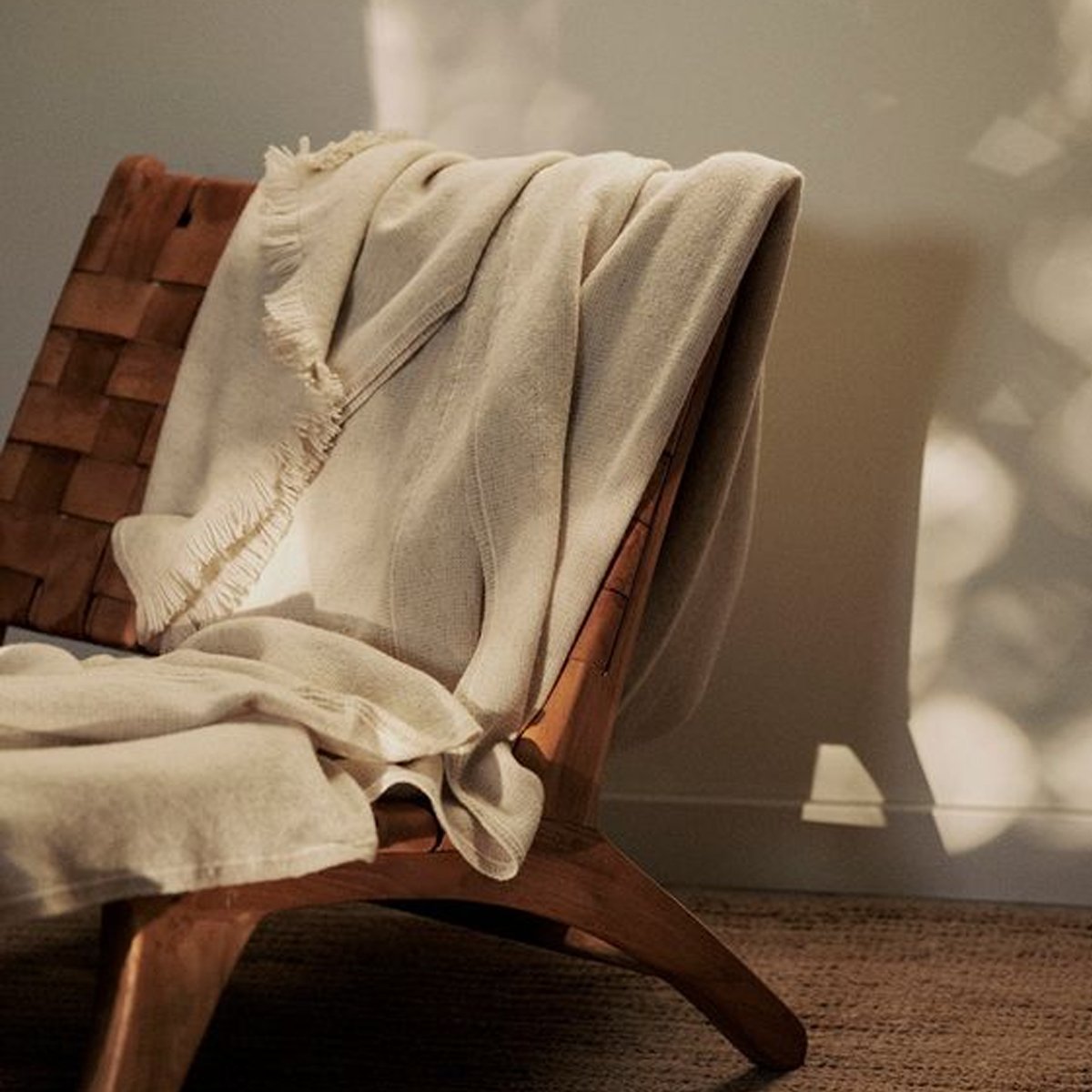
4 min read
In our latest brand spotlight, WLLW discovers how Teixidors is merging sustainability with a human touch in their approach to textile production.
In 1983 in the heart of Terrassa, Spain, a city steeped in the history of textile production, Teixidors was born with a vision far greater than just producing beautiful fabrics. The founders set out to create a socially conscious, environmentally responsible brand that would redefine the way we experience textiles, while also offering employment opportunities to individuals with intellectual disabilities. What began as a passion project has since grown into a renowned brand that expertly marries traditional craftsmanship with modern values of sustainability and social responsibility.
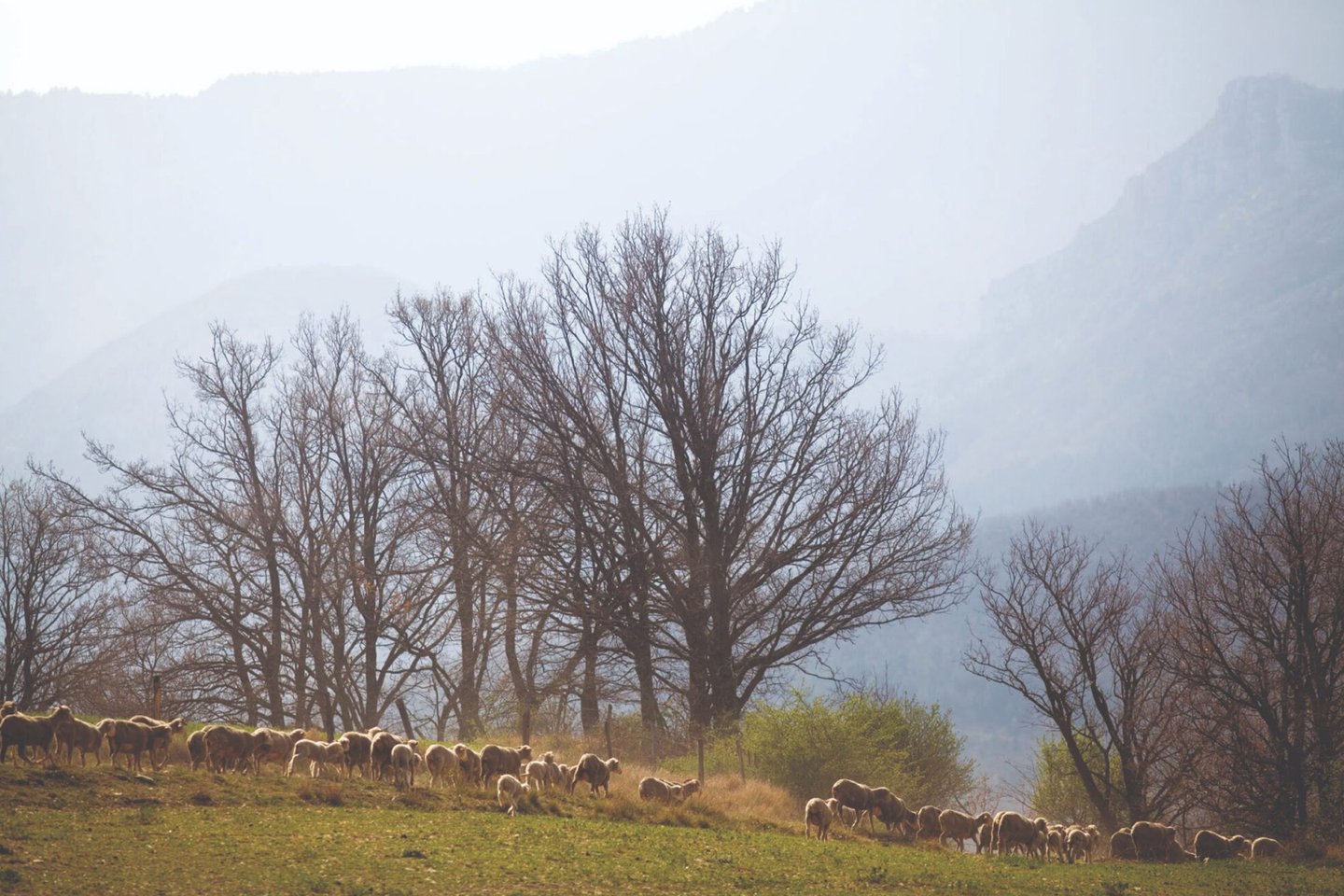
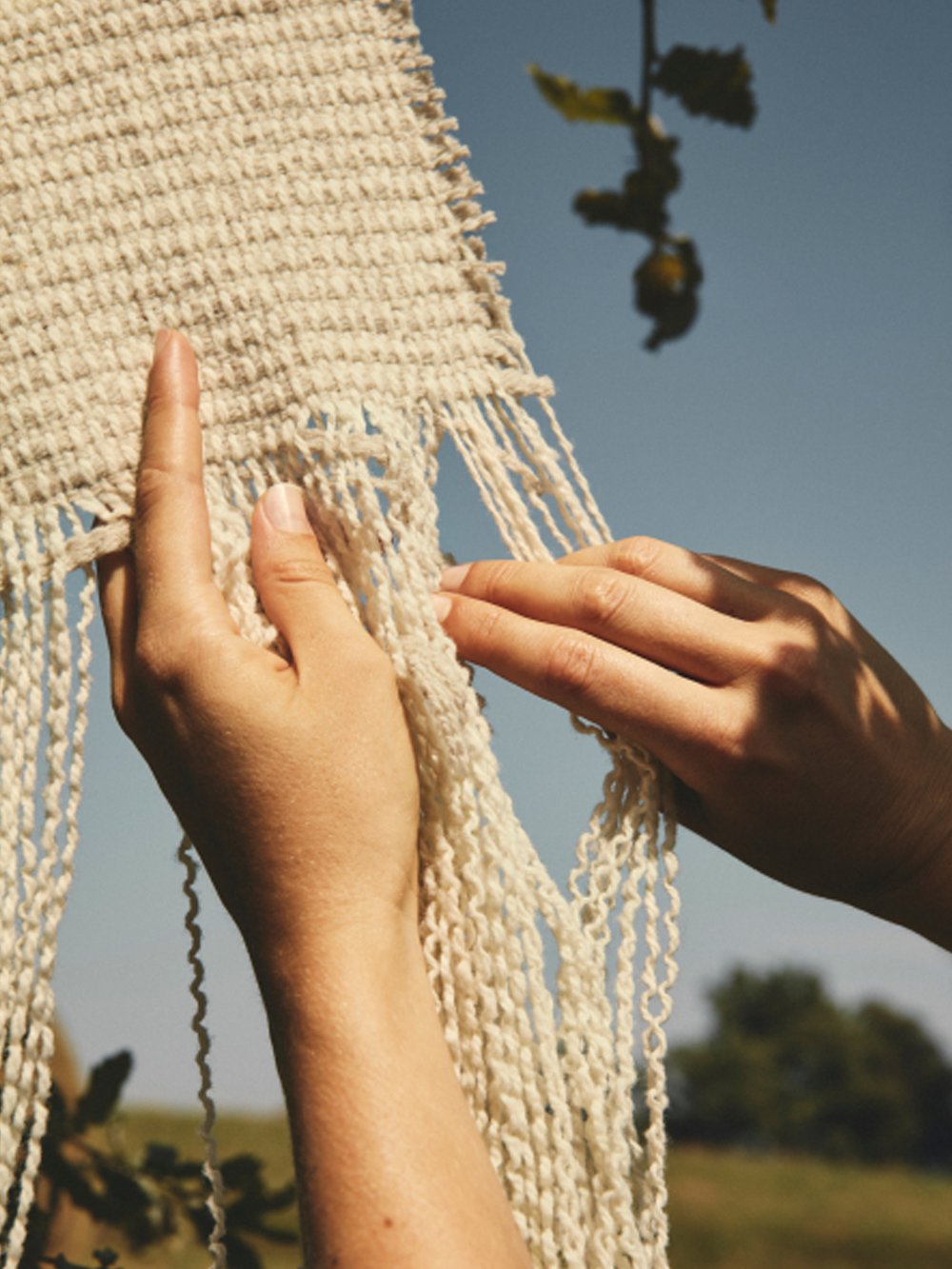
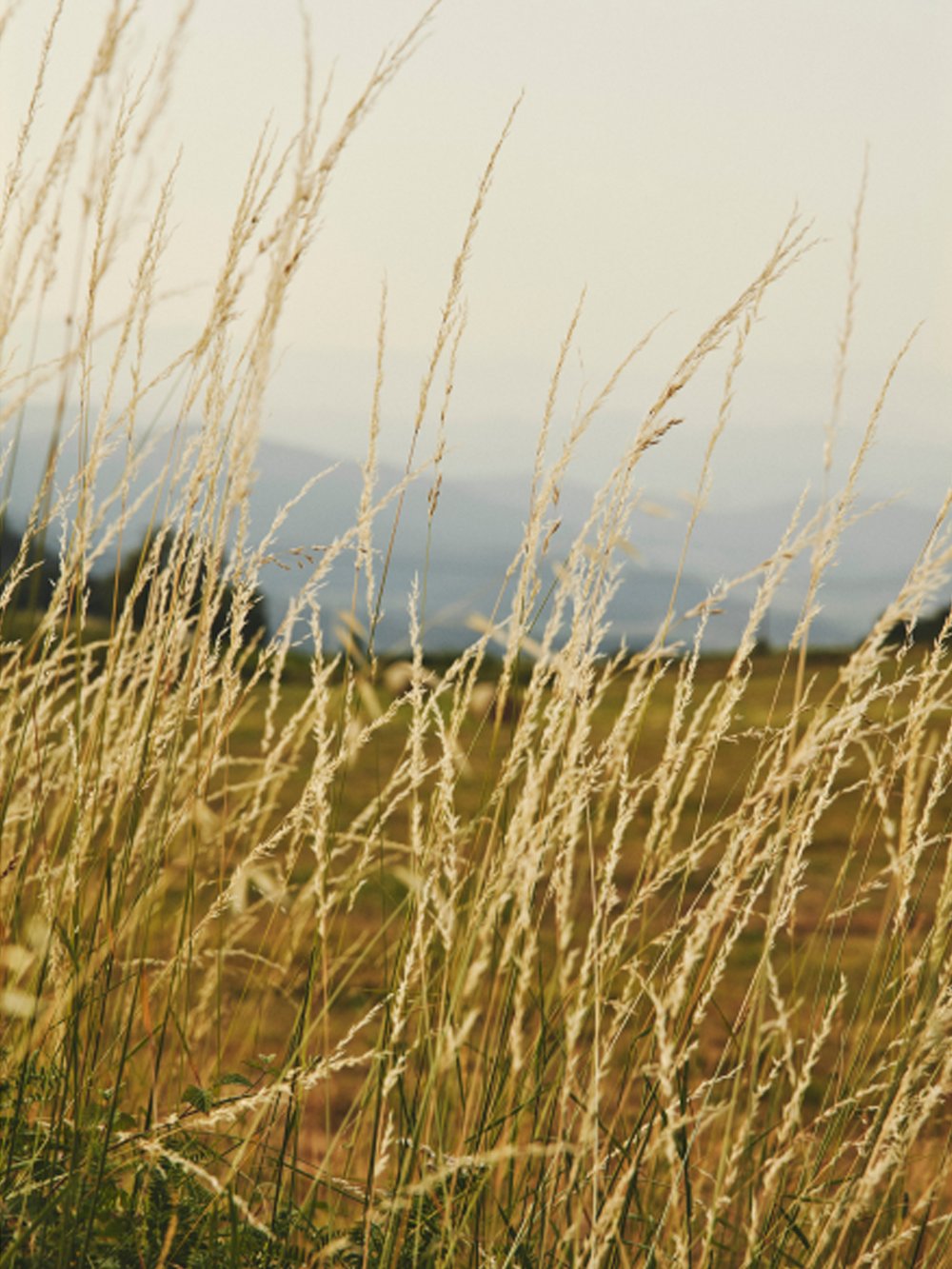
Teixidors draws upon the rich heritage of Terrassa, preserving centuries-old weaving techniques that are becoming increasingly rare. At the heart of the brand’s production are 19 manually operated Scots pine looms, a testament to the company’s dedication to craftsmanship. These looms are not just tools; they are the lifeblood of Teixidors, operated by skilled weavers whose movements are a dance of precision and rhythm. Each weaver brings their own personality to the loom, creating unique patterns that are a direct extension of their artistry. Sofia Agerberth from Teixidors elaborates, “weaving on a manual loom creates unique pieces; each weave is not exactly the same. They are shaped by the hands and feet of every single weaver; the slight imperfections make the piece magic.”
“Weaving on a manual loom creates unique pieces; each weave is not exactly the same. They are shaped by the hands and feet of every single weaver; the slight imperfections make the piece magic.”
Sofia Agerberth
Whether it’s a blanket, scarf or pillow, each item carries the unique touch of the weaver who created it. From the Pádua Throw, inspired by log cabins in snowy peaks, to the geometric Tile Throw created in partnership with architect John Pawson, the warmth of each Teixidors piece stems from the design as well as the creation. The result is textiles that not only feel luxurious but are also imbued with meaning, connecting the hands of the maker with those of the consumer. Agerberth continues, “Working a manual loom involves an intricate and highly precise choreography in which feet, eyes and hands all follow the movements and rhythms of the machine: press down the pedal, pass the shuttle through the shed, catch it and operate the picking straps. Every person has their own personality and rhythm, creating a unique weaving style that they transmit directly to the cloth.”
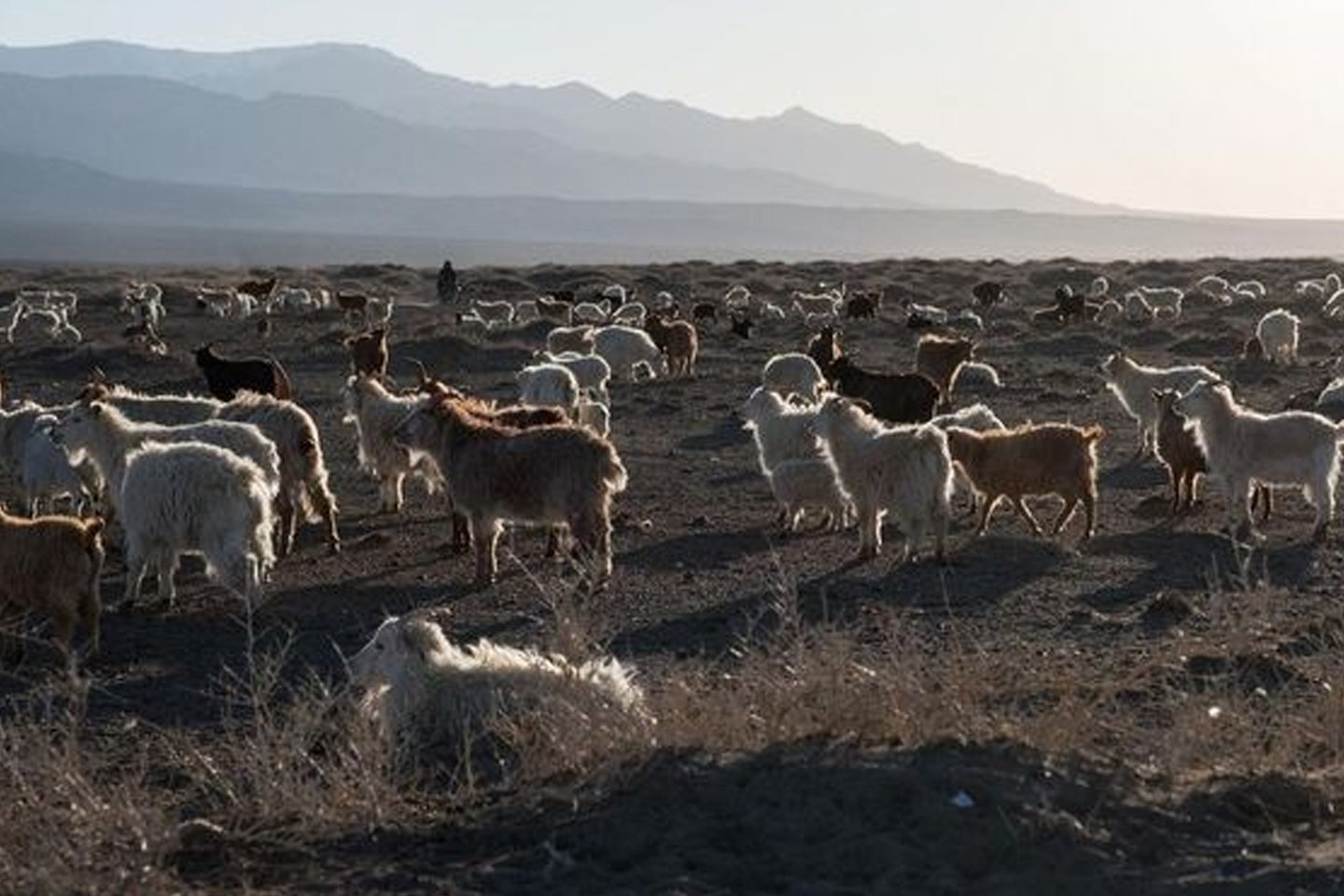
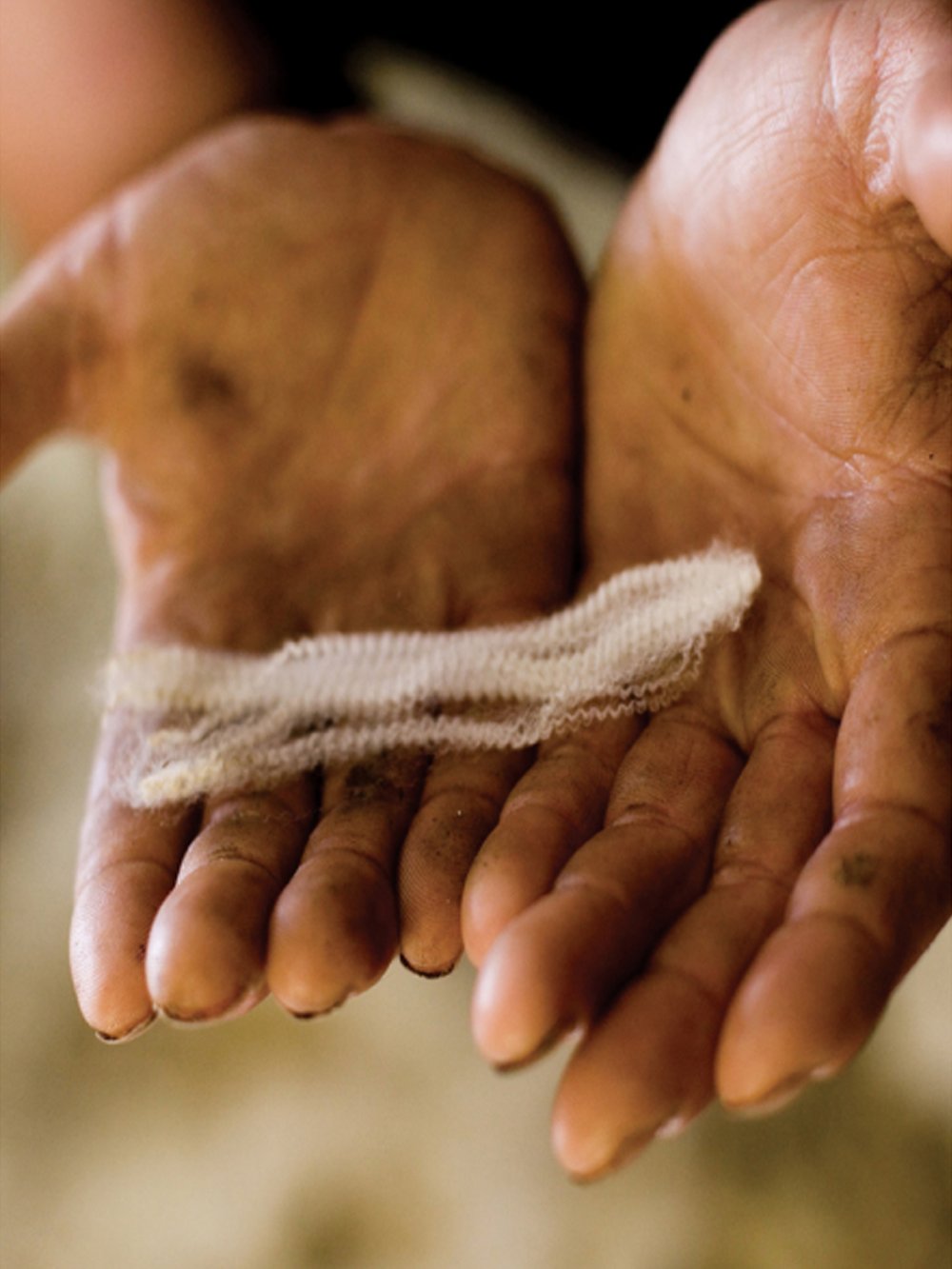
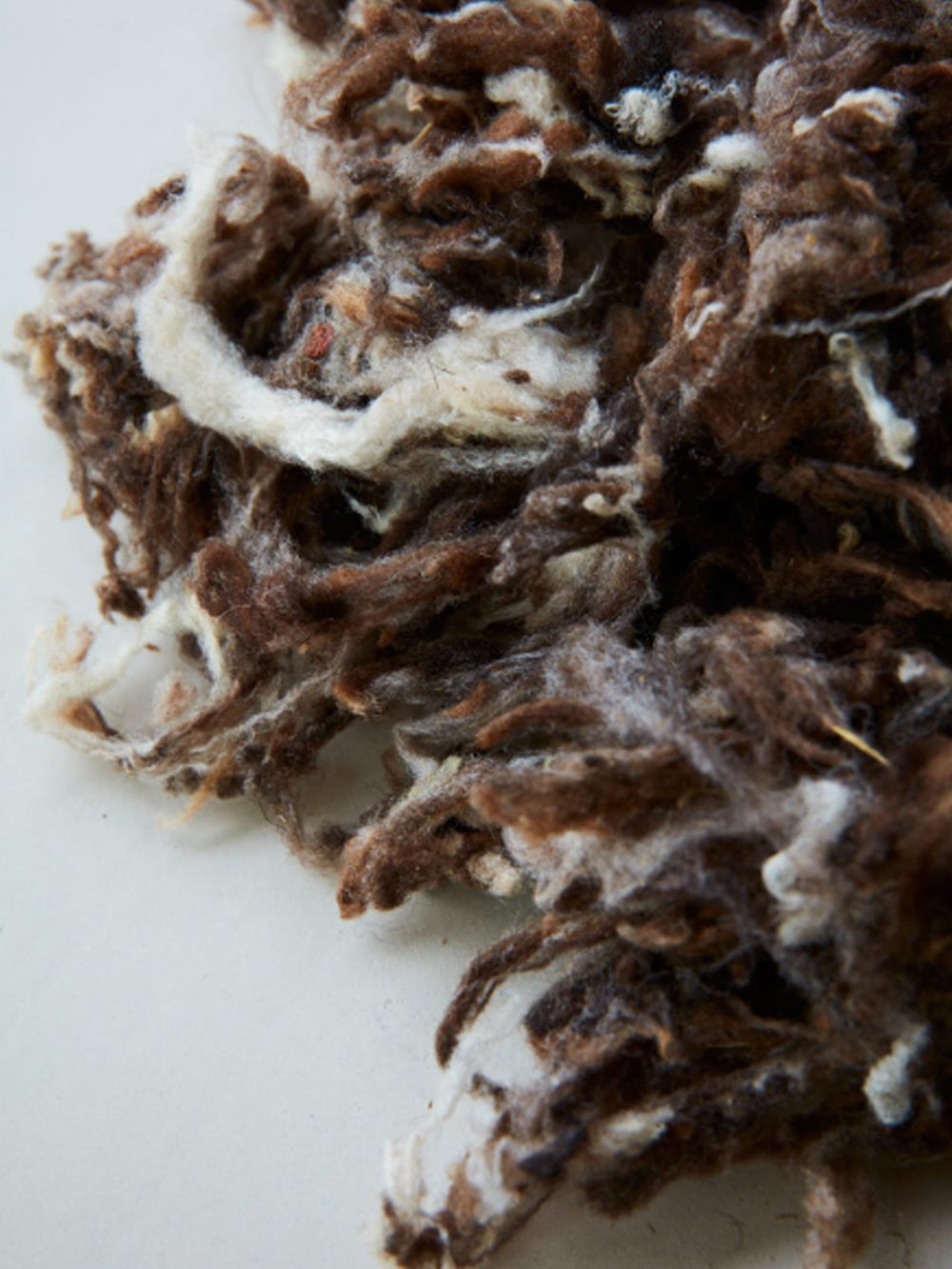
The weavers are truly the soul of Teixidors’ craftsmanship. The brand was founded on the principle of creating job opportunities and providing people with intellectual disabilities with weaving expertise, ensuring that every person involved feels valued. “In the environment of the workshop, they are extremely skilled. They maintain focus, and by this, the weaving acts therapeutically. Our mission has always been to revive the local weaving tradition, create exclusive items and improve people’s quality of life in every regard, from aesthetics to social interaction,” says Agerberth.
For Teixidors, the story of each textile begins long before it reaches the loom. The journey starts at the source – whether it’s with merino wool, yak wool or the finest cashmere, sourced from Mongolian cooperatives or European-certified linen under the MASTERS OF LINEN® standard. The wool is sheared, combed and spun by hand, a process that ensures the highest quality and attention to detail at every step. Teixidors is deeply committed to knowing where its materials come from and ensuring that the animals and people involved are treated ethically. The relationships they foster with farmers, charities such as Agronomists and Veterinarians Without Borders and craftspeople around the world are built on mutual respect and a shared commitment to preserving traditional ways of life. Agerberth told WLLW that, “we love developing personal relationships with providers throughout the supply chain because we want to know first-hand how the animals are treated and what conditions our partners’ employees work under. Teixidors works with farmers’ associations, craftspeople and small manufacturers striving to preserve the wool industry and showcase the product’s strengths.”
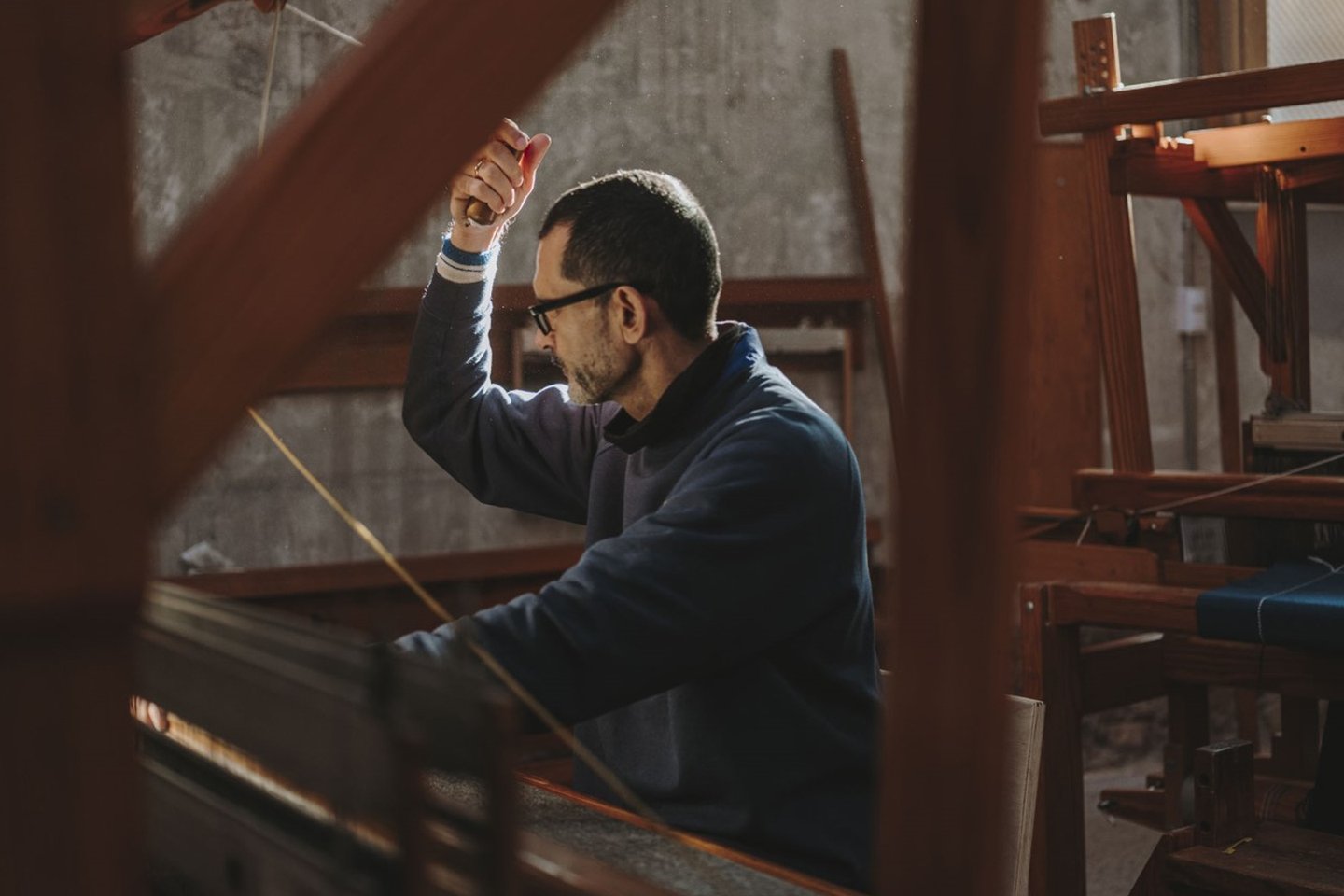
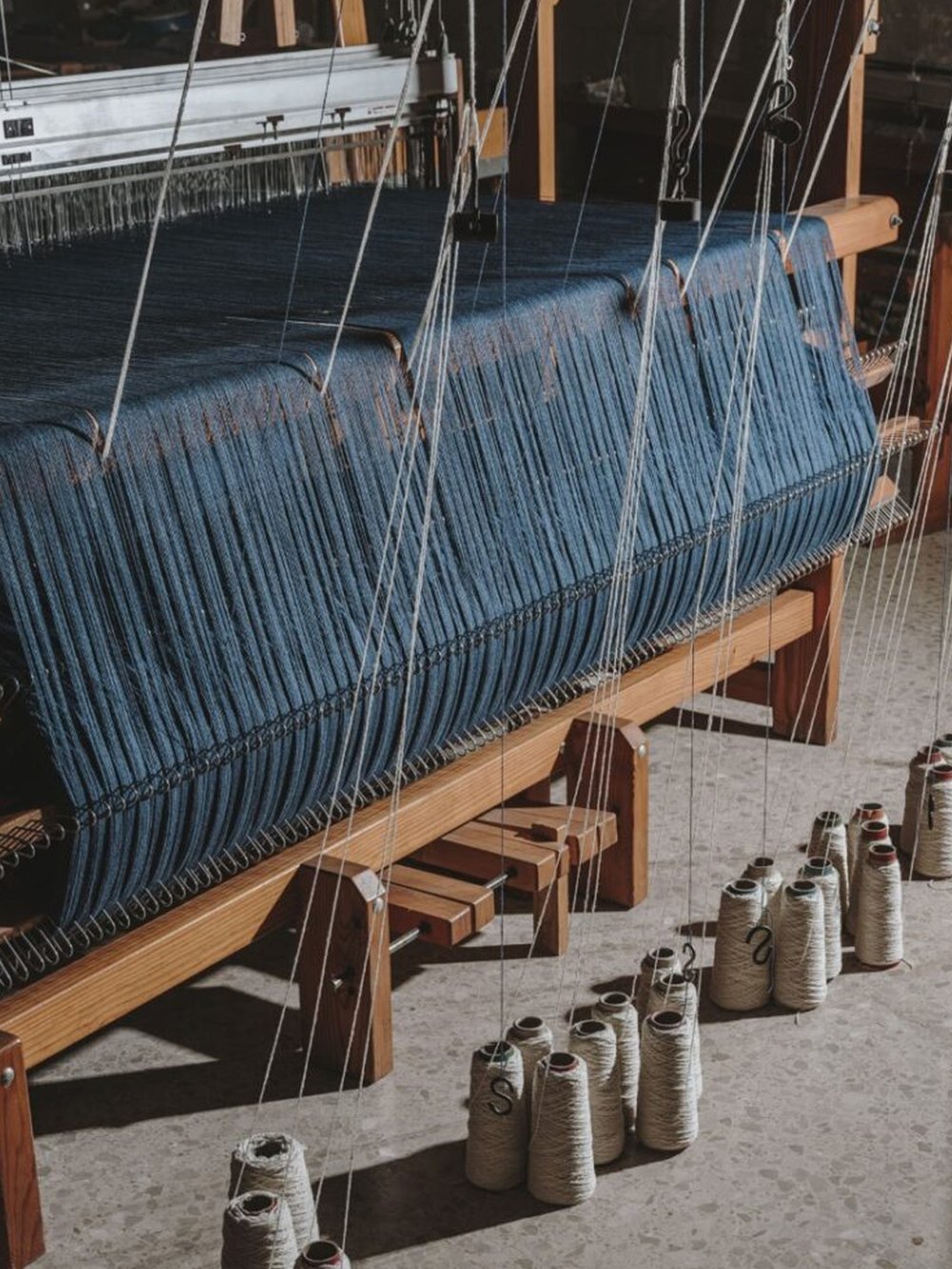
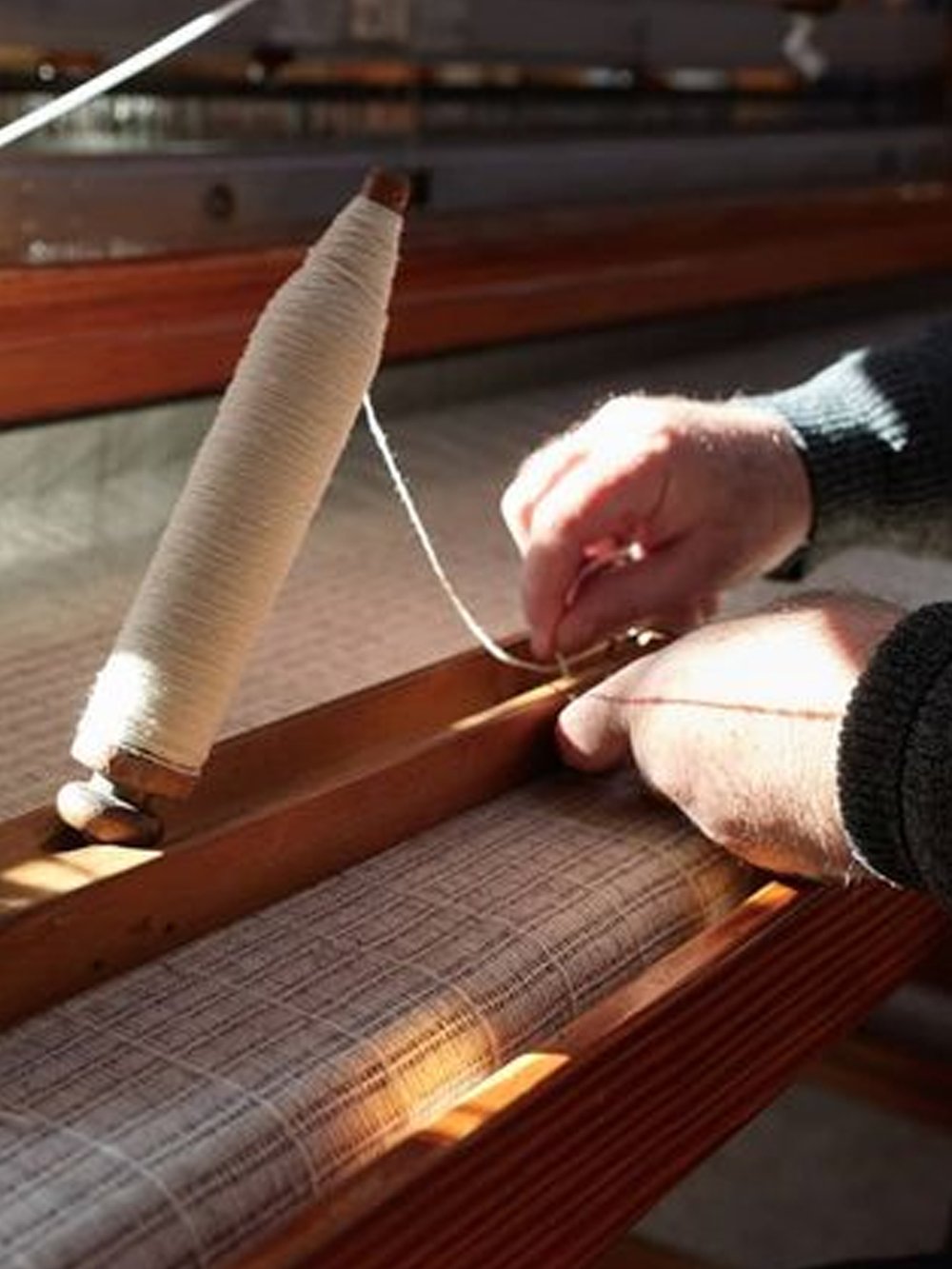
The journey continues as the yarn is spun, dyed, and meticulously woven into fabric. The result is not just a product but a carefully crafted piece that has passed through many hands and processes, each contributing to its final beauty. Once the fabric is woven, it undergoes a series of environmentally-conscious finishing processes – including washing, drying and ironing – before it is ready to be sent to homes around the world. By choosing high-quality, sustainable materials and traditional handcrafting techniques, Teixidors reduces the need for mass-produced replacements and promotes responsible consumption.
As the demand for ethical and sustainable products continues to grow, Teixidors remains at the forefront of the movement by offering textiles that are as socially responsible as they are beautiful. With every item they create, they are helping to safeguard the planet, preserve traditional craftsmanship and improve the lives of individuals in need of meaningful work. Agerberth encapsulates this perfectly when she says, “for us, it’s not only about creating unique and extraordinary pieces of cloth, but also about revitalizing and supporting traditional skills, industries and ways of life that are slowly being lost.” Each fold, each thread in a Teixidors piece speaks to a legacy of care, connection and craftsmanship; one that continues to inspire and improve lives, one textile at a time.
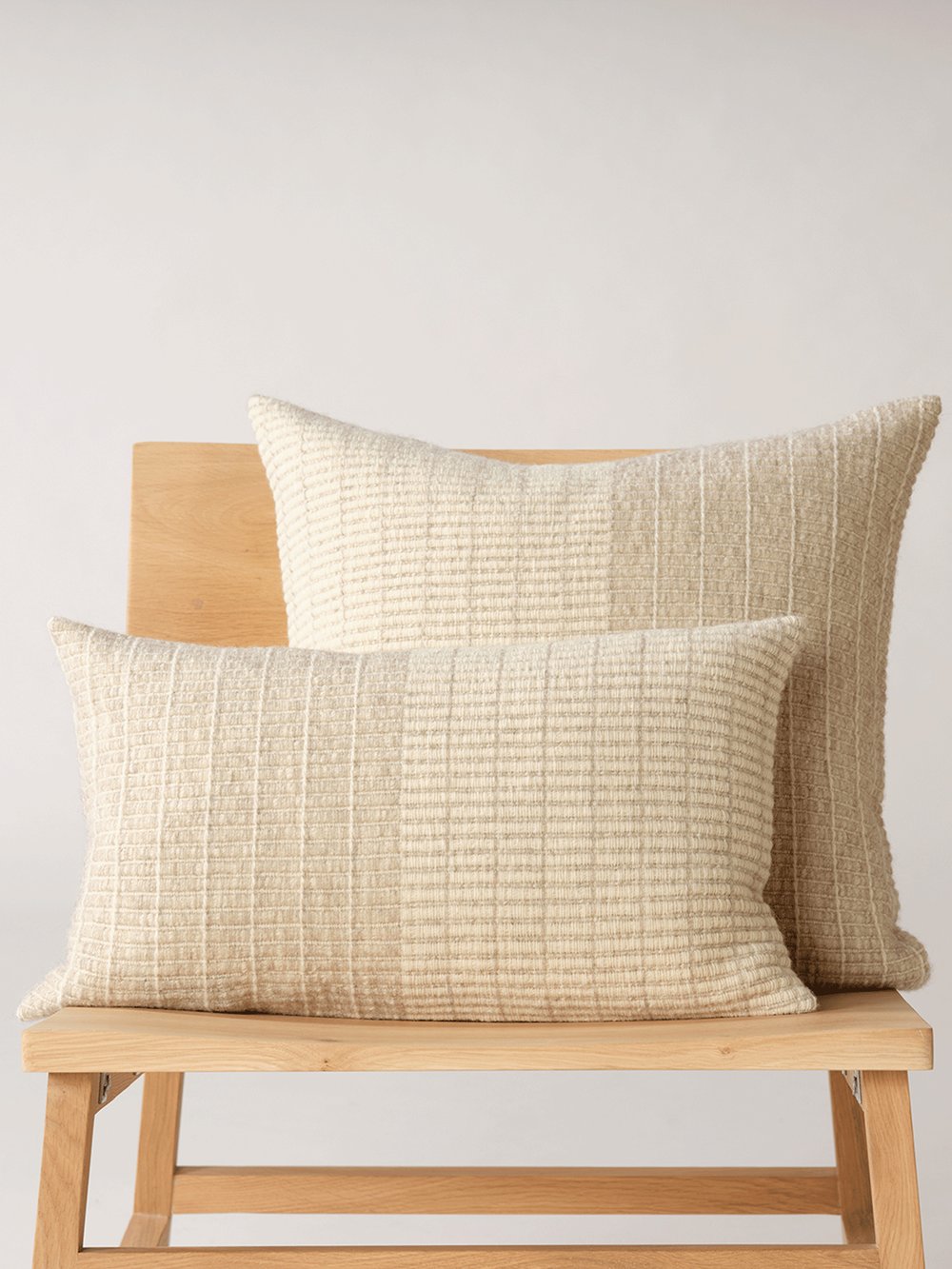
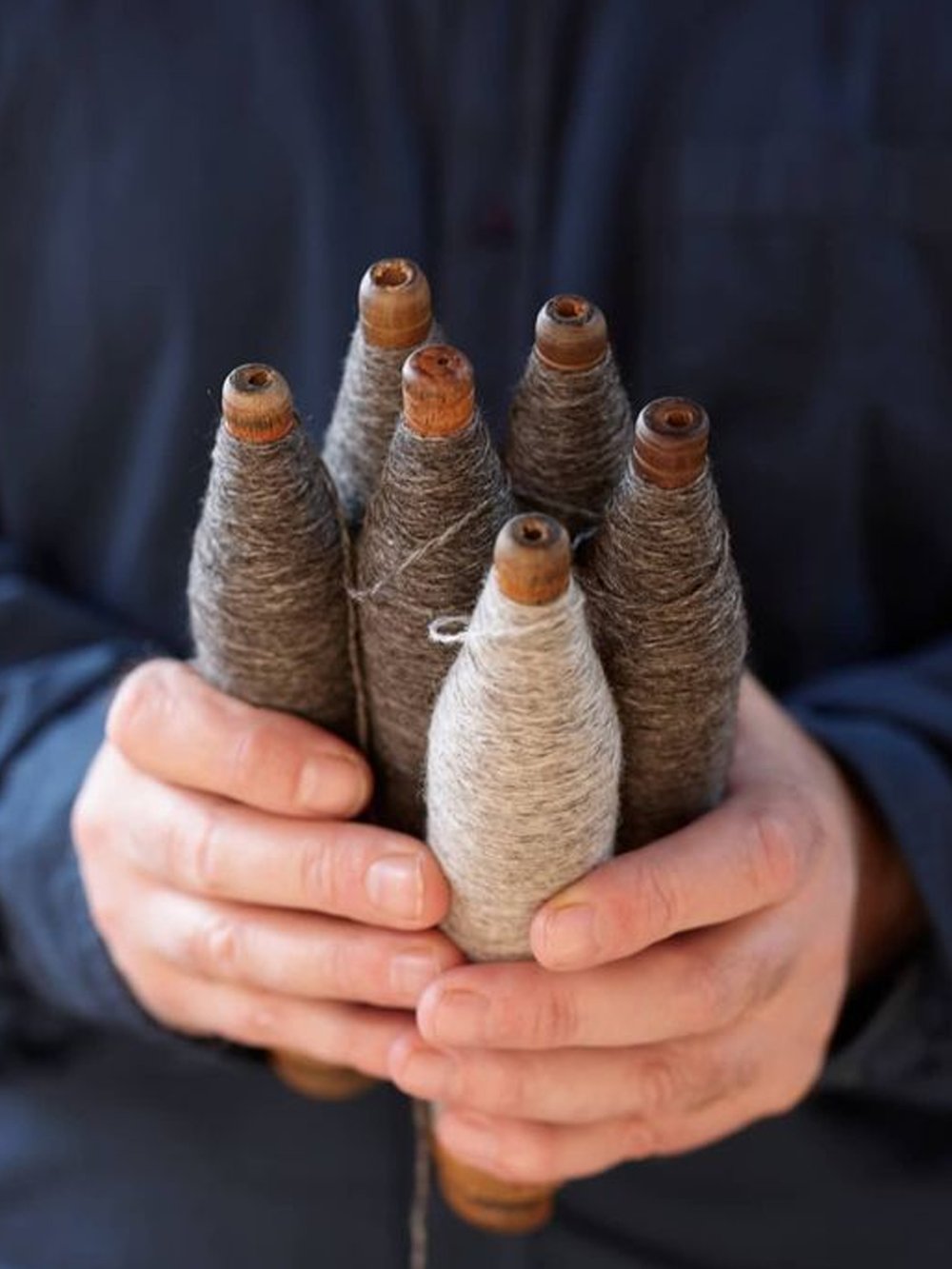
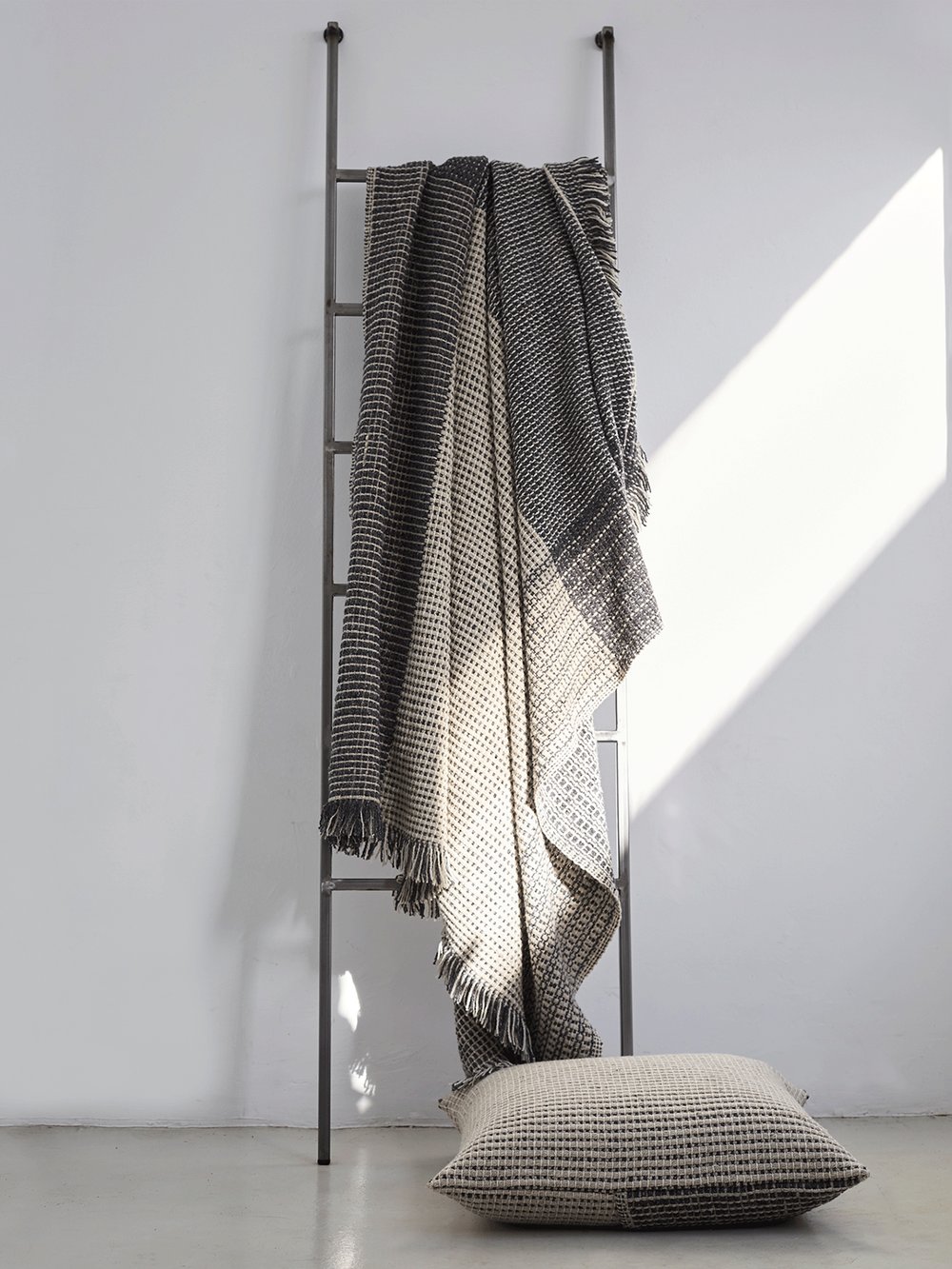
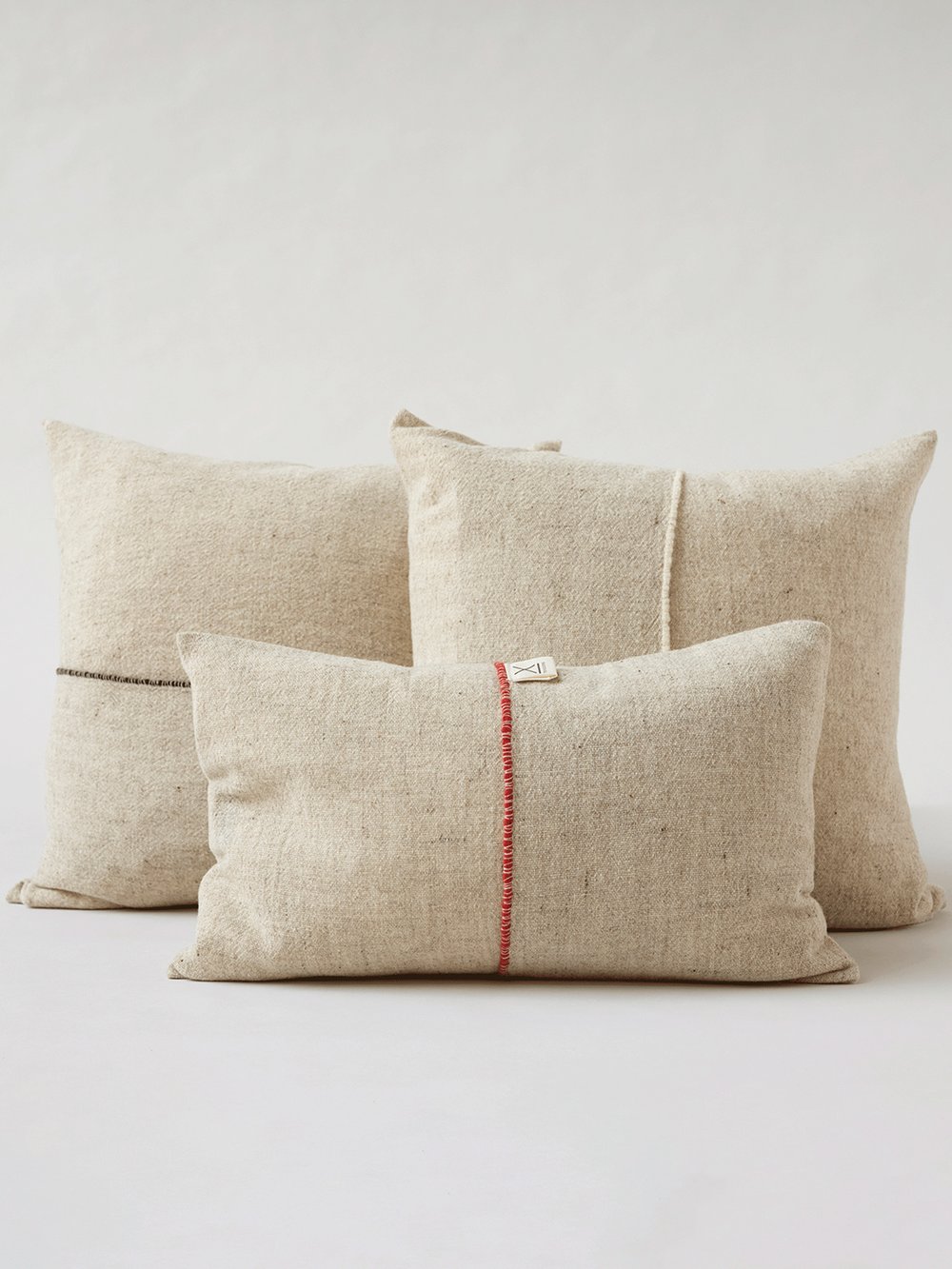
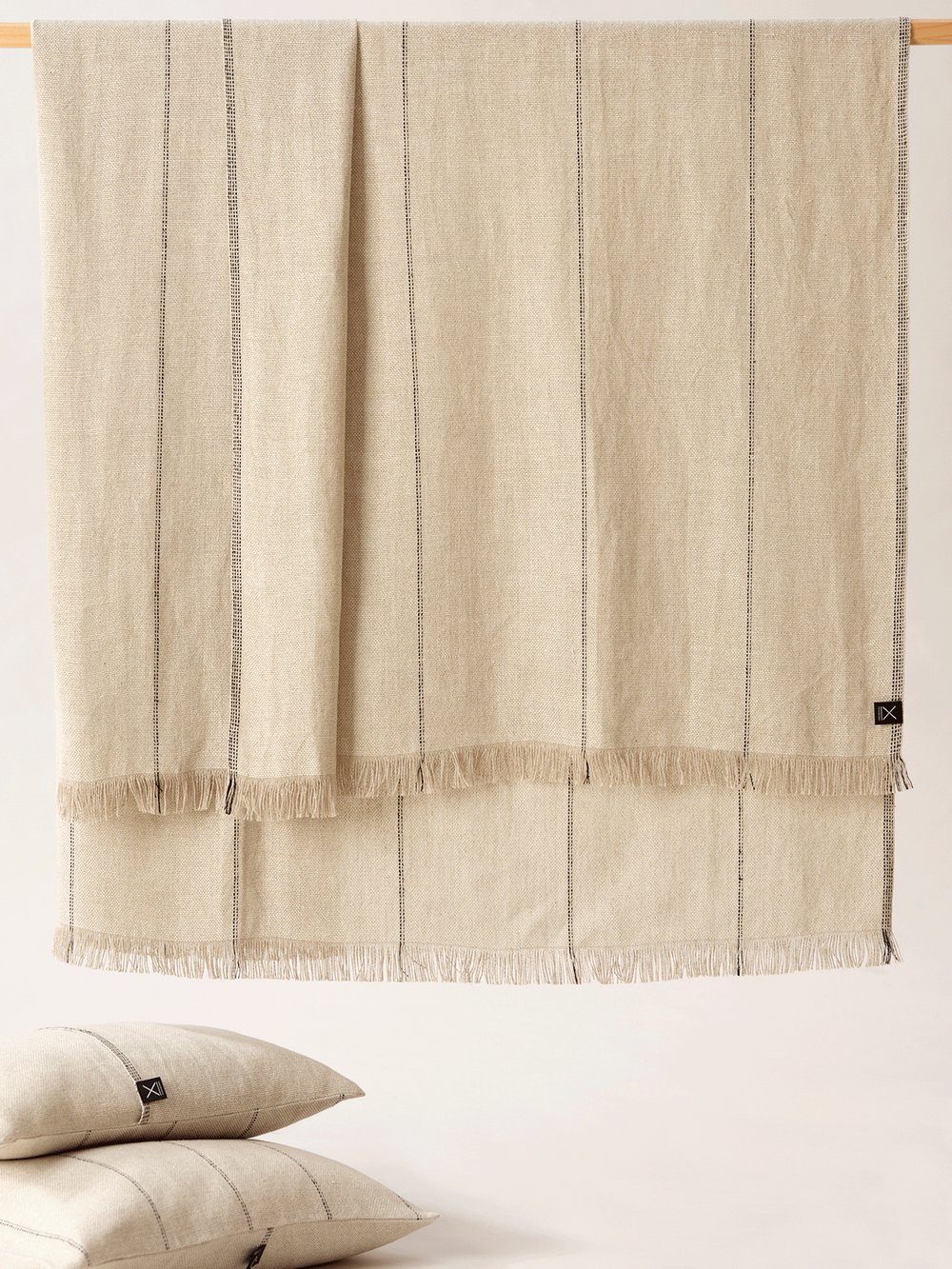
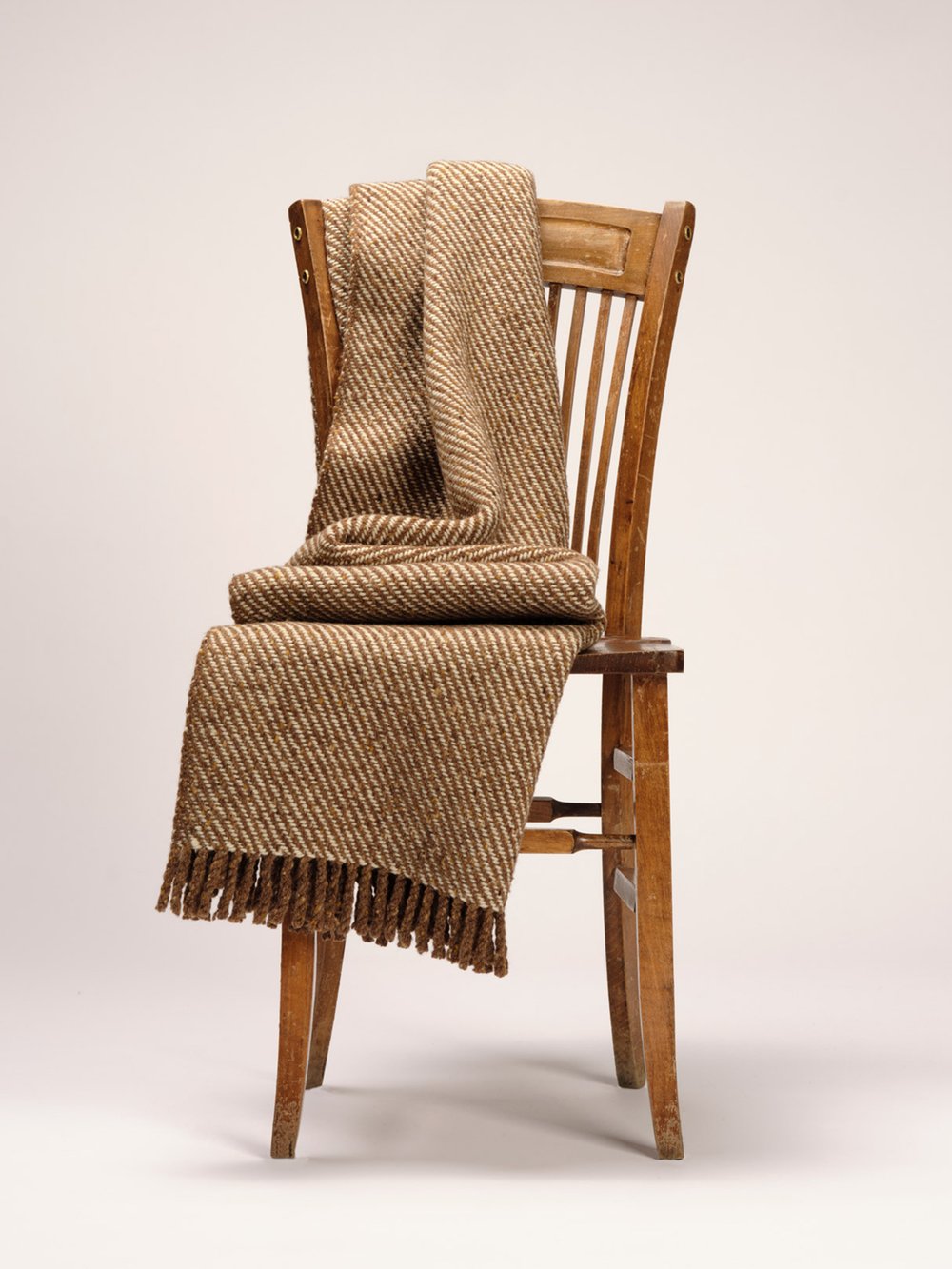
Feature Image: Nebel Blanket by Teixidors
Photography: Teixidors

5 min read
Discover WLLW’s strategies for designing a living room that supports health, wellbeing and relaxation.
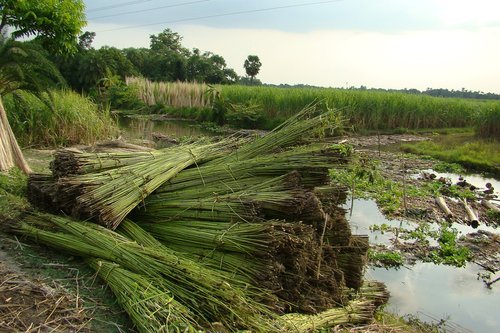
6 min read
WLLW traces the deep roots of natural materials used in artisanal crafts and their role in healthy and sustainable design.